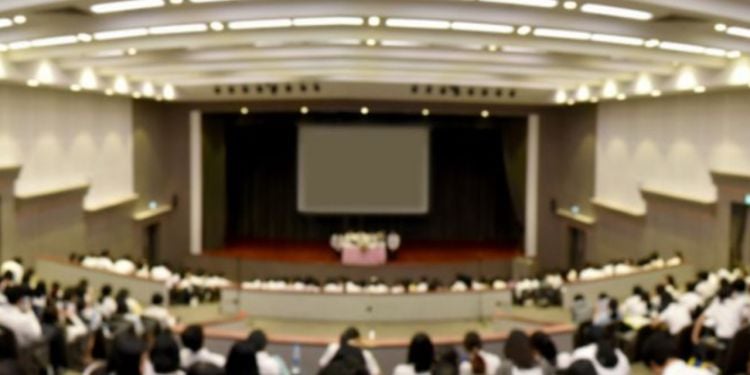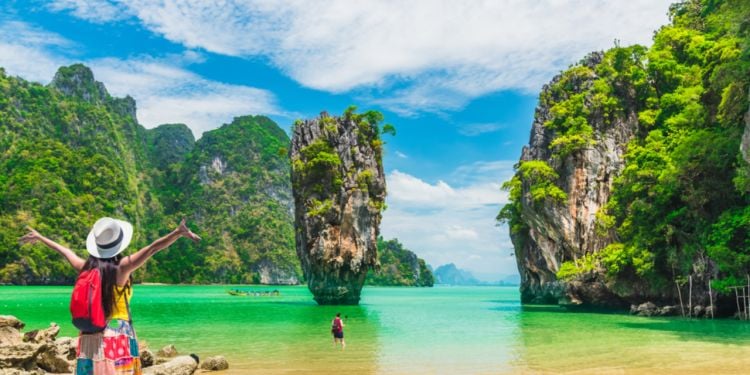Living in Thailand: the ultimate expat guide
Everything you need to know for a successful life in Thailand.
Thailand is a charming destination for expatriates looking for an escape and for unparalleled quality living. The country is attractive for its sumptuous landscapes and long beaches, as well as Phuket's heavenly beaches and tropical jungles.
If you have chosen to live in Thailand, consider planning your move so as to enjoy the best living conditions, without underestimating the language barrier.
Divided into 76 provinces, Thailand covers an area of 513,120km² and shares land borders with Malaysia, Myanmar, Cambodia and Laos. Its buzzing capital of Bangkok ' with its extensive entertainment, shopping, cultural and gastronomic options ' is the main attraction, and the city serves as a central travel hub in the region.
Thailand's climate
Thailand has a tropical climate with two main seasons ' a dry season and a wet season. However, these can vary depending on which part of the country you are in. The dry season generally lasts from November to May, and it can get extremely hot between March and May. Then the south-west monsoons can be expected from May to October, but the rain tends to fall in heavy, short bursts, so you will still enjoy the sunshine during this period.
However, in most parts of the country at most times of the year, it is often hot and humid compared to western climates, although it can be cooler up in the jungles and hills in the north.
Demography of Thailand
According to the World Bank's data bank, there were 71.6 million people living in Thailand at the end of 2023, and the highest population density can be found in Bangkok where there are over 9 million people.
Most people in Thailand practice Buddhism, although the country's southernmost provinces have a population of about 80% Malay-speaking Muslims and there is an ongoing ethnic conflict and separatist insurgency in this region.
Languages in Thailand
The official language of Thailand is a tonal language called Thai ' sometimes referred to as Siamese Thai, Central Thai or even Bangkok Thai ' and is taught in most schools. While almost everyone will understand this, many different ethnic and regional dialects are also still spoken. These are of particular tone in the north, north-east and south of the country.
Written Thai is based on an alphabet adopted from the Khmers in Cambodia, which is said to have been standardised during the reign of King Ramkhamhaeng. Fortunately for expats, road signs are written in both Thai and English.
English is also considered to be a second language to many citizens, especially those living in Bangkok, Chiang Mai and on the islands, as a result of the booming tourism industry in these places. Words and expressions of a Thai-English hybrid have started to emerge amongst the younger generation, and this way of speaking is referred to as Tinglish or Thaiglish.
Politics in Thailand
The end of the absolute monarchy in Thailand was in 1932 when Thailand became a constitutional monarchy, whereby the King's legal authority was largely curtailed to that of Head of State. Since this date, the Prime Minister has been responsible for managing government affairs, but the monarchy remains a deeply revered institution.
Thai politics have been highly polarized, and there have been various clashes and shifts between representative government and authoritarian rule since 1932. Many people argue that, in spite of frequent changes in government, coups and mass uprisings, the monarchy ' which was the moral authority of the nation under the much-loved King Bhumibol Adulyadej ' helped to maintain a degree of peace, unity and stability. King Bhumibol was very popular with his people and held great sway over his seven-decade reign but, after decades of political turmoil, a coup in May 2014 resulted in the military taking control of the government towards the end of his life.
General Prayuth Chan-ocha, who leads the National Peace and Order Maintaining Council (NPOMC), seized power in this coup from an elected civilian government, and was appointed Prime Minister by the military-appointed parliament. Thailand's military has seized power 12 times since the end of the absolute monarchy in 1932.
King Bhumibol passed away in October 2016 at the age of 88 as the world's longest reigning monarch, and his son, King Maha Vajiralongkorn Bodindradebayavarangkun, known as King Rama X, who is the 10th monarch of the Chakri dynasty, was proclaimed King in a ceremony that took place 50 days after his father's death.
The constitution has recently been altered at the request of the new king, and the changes restore royal influence over essential procedures and at times of severe political crisis. This new chapter introduces a different electoral system and, under the new system, experts believe that Thailand is more likely to have fractious coalition governments, and membership of the Senate will essentially be determined by the military-elected government and be bound to follow the military's 20-year blueprint for Thailand.
Thailand's economy
Thailand's economic growth rate and status among leading powers in the region have arguably slowed as a result of the recent political swing between the military and civilian rule, as well as sluggish global and domestic demand. However, it is still South-East Asia's second-largest economy, and it is making progress in reducing poverty. In January 2024, a new minimum wage of THB 330 to THB 370 was introduced, as well as new tax reforms that were designed to lower rates of middle-income earners. There is relatively low inflation and low unemployment, and government spending on infrastructure has helped to give the economy a boost.
Thailand had a GDP of USD549 billion in 2024, and the Thai economy is expected to grow by 2% to 3% by 2025 now that tourism has returned to normal. The country is highly dependent on its industry and service sectors; and exports ' including processed foods, electronics, automobiles and parts, and agricultural commodities ' account for about two-thirds of its GDP. Tourism and foreign investment also play an invaluable role.
Social life in Thailand
Due to their Buddhist religion, which preaches humility and modesty, the Thais are mildly conservative in most parts of their life. They understand the world and the variations in views and behaviours around them. They understand distinct cultures and aliens, so uncommon behaviors are recognised in general.
The cost of living in Thailand
The cost of living in Thailand is undepictable, depending on the place you live in. It will also vary according to the level of comfort and lifestyle you prefer. For the average person, it will cost around $800/month. Also, if you are looking for luxurious living, around $1,000-$1,500/month would suffice - these already includes the rent, food, internet access, leisure, and shopping.
Useful links:
ADB ' Thailand's economy
Tourism Thailand ' History and culture
Thai Language
Formalities
Find out more on visas, passports and entry requirements to travel to Thailand.
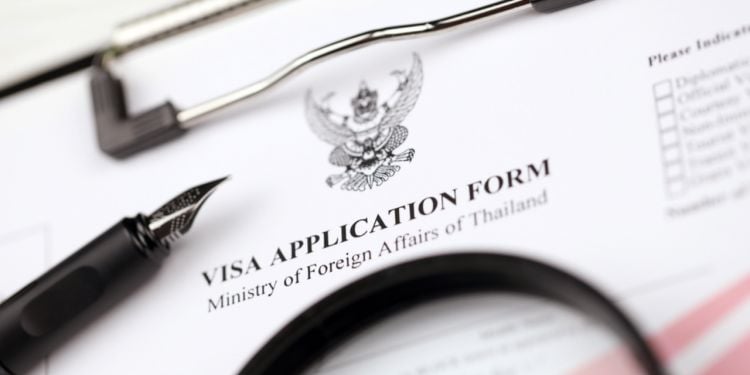
Traveling to Thailand
Tourism is a significant economic driver in Thailand, and so far in 2024, the country attracted ...
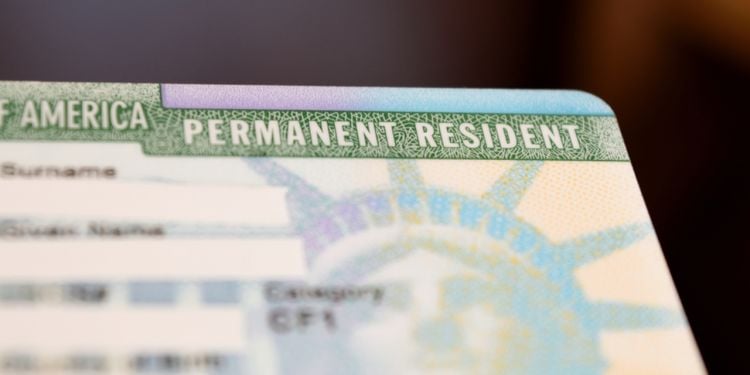
Resident permit in Thailand
Thailand is one of the most popular travel destinations in the world. The country's friendly ...
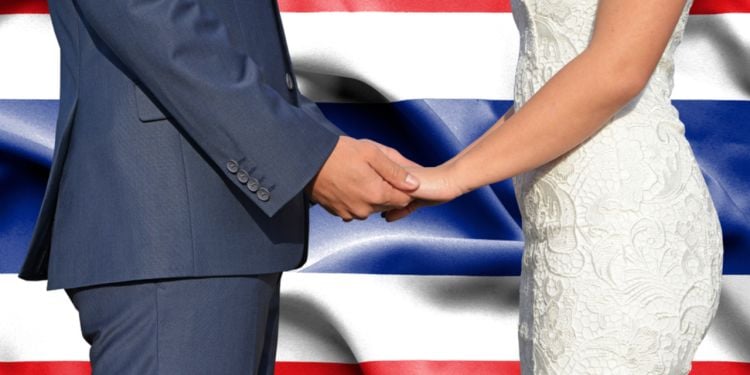
Getting married in Thailand
The kingdom of Thailand is a stunningly beautiful wedding destination. Its crystal clear beaches, ...
Visas
All you need to know on work visas, work permits, working holiday visas and residence permits to live and work in Thailand.
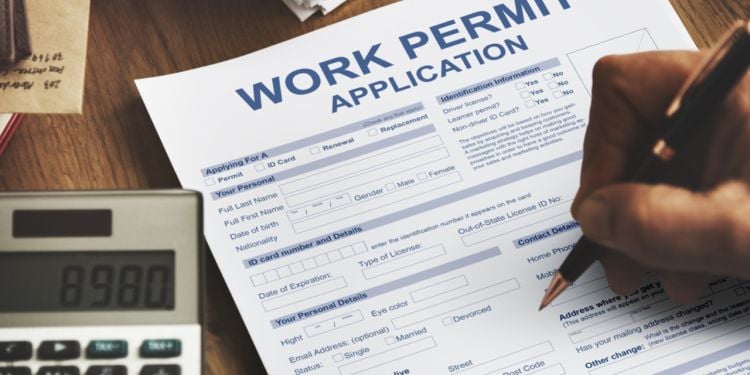
Work visa in Thailand
To be able to work in Thailand and stay in the country without needing to apply for visa extensions regularly, you will first need to obtain a ...
Work
Dive into the Thailand labour market, legal framework and tips on how to find a job in Thailand.

Working in Thailand
Although some jobs aren't permitted to foreigners in Thailand, there is still an array of ...

Starting a business in Thailand
Thailand is the second-largest economy in Southeast Asia and the 26th-largest economy in the world. ...

Jobs in Thailand
Discover professional opportunities in Thailand and boost your career.
Accommodation
Explore real estate or temporary rentals in Thailand. Find out more about renting or buying a house or a flat, real estate agents, leases and rental agreements.
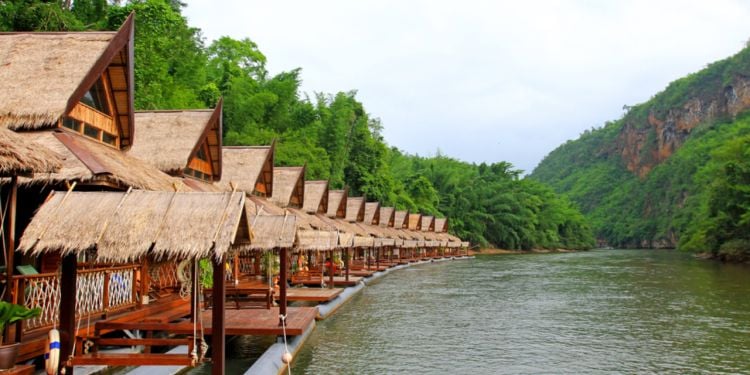
Accommodation in Thailand
If you are about to move to Thailand, one of the first things to look into would be where you will ...

Buying a property in Thailand
The astounding beaches, smiling people, and gourmet food will make you want to own a property in ...

Find your ideal home in Thailand
Explore real estate listings in Thailand to buy or rent your next home.
Study
Universities, training courses, student visas, registration procedures: all you need to know about being an international student in Thailand.
Health care
Understanding the healthcare system in Thailand: public and private health system, health insurance...

The healthcare system in Thailand
Thailand is one of the most visited countries in the world. It is also home to a large number of ...
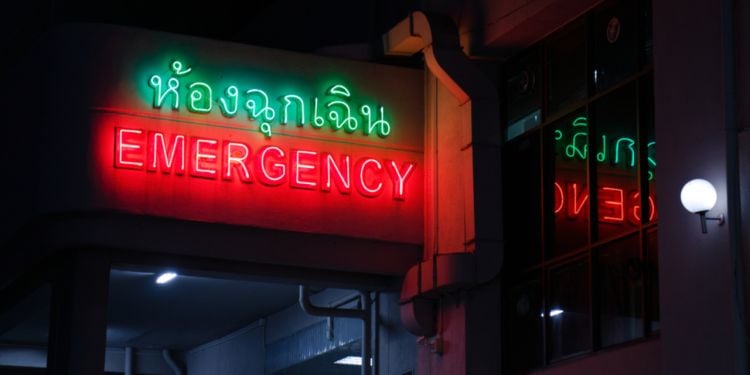
Handling emergencies and accidents in Thailand
Thailand is one of the safest countries in Southeast Asia. Crime rates are low. Society favors ...

Health insurance for expats in Thailand
Protect your health during your expatriation.
Bank
Navigate the banking system in Thailand: how to choose a bank and open a bank account.

Opening a bank account in Thailand
Thailand provides a wide array of options in terms of banking institutions, but it is important for ...
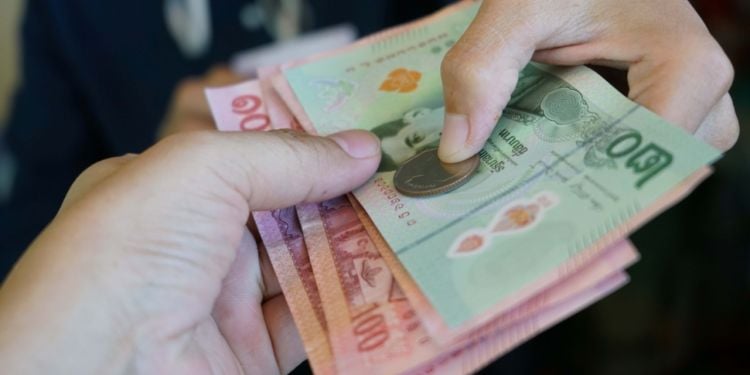
Money in Thailand
Thailand is one of the most affordable places in the world for expats to relocate to. But you have ...

Banks for expats in Thailand
Choose a bank that understands your new needs.
Tax
All you need to know about income tax, the tax system and filing your taxes as an expat in Thailand.
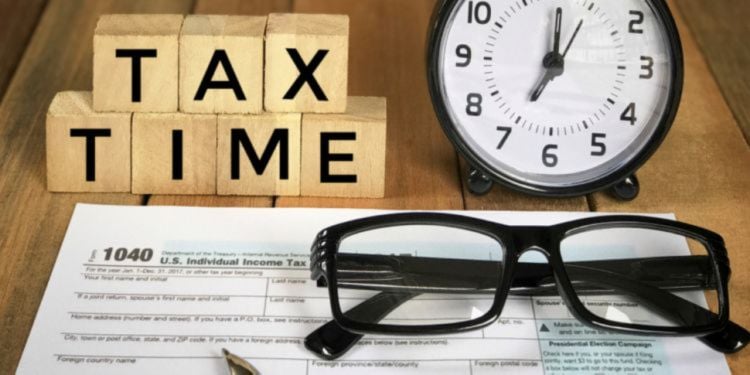
Income tax in Thailand
Thailand is not a tax haven. In Thailand, there are two main types of taxpayers — residents and non-residents. A resident is a person who ...
Transport
From public transports to renting or buying a car, explore the best options to getting around in Thailand.
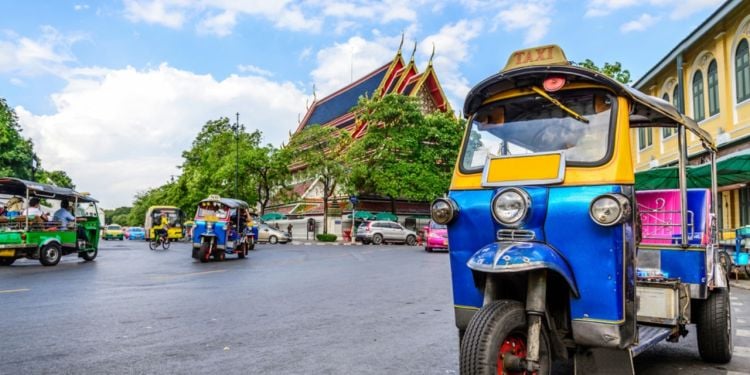
Getting around Thailand
One of the things that makes Thailand so popular with tourists is its accessibility. Once you are in the country, it is relatively affordable and ...
Driving
Essential information on driving requirements in Thailand, driver's license exchange and international permits.

Driving in Thailand
When driving in Thailand, it is important to adapt. There are likely to be different road rules and common practices than in your home country, and ...
Removal
Moving to Thailand? Find useful information and tips to organize your move.

Relocating to Thailand
If you are planning to relocate to Thailand, you may wish to ship your belongings and furniture, ...

Moving with your pet to Thailand
Animal lovers will be happy to know that they can bring their pets with them when moving to ...

Free quotes for your move
Get the best offers to easily organize your relocation to Thailand.
Communications
Internet and phone providers, plans, and everything you need to stay connected in Thailand.
Leisure
Sports, leisure, culture and other activities expats can enjoy in their spare time in Thailand.
Everyday life
Eager to discover what life in Thailand looks like? Here's a taste.

Moving with children to Thailand
From nurseries, daycare centers, and playgroups to au pairs and private babysitters, you can rest ...

Dating in Thailand
Thailand is one of the top destinations in the world when it comes to travel, but not only that. In ...
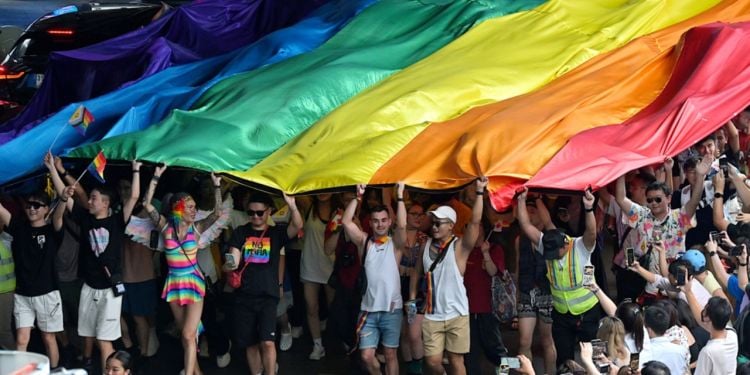
Diversity and inclusion in Thailand
Of all Southeast Asian nations, Thailand takes the lead in diversity and inclusion. New laws have ...
Articles from the magazine

Thailand introduces innovative visa for same-sex couples
Thailand recently introduced a visa program designed for same-sex couples. This initiative is open to individuals married to a same-sex partner who is either a Thai national or a foreign resident with a permit that allows them to sponsor a spouse.

How to adapt to life in a polluted city as an expat?
In 2023, IQAir, a website that measures air quality worldwide, ranked Chiang Mai in Thailand, closely followed by Bangkok, among the world's most polluted cities. The northern city of Thailand has been facing significant smog clouds for several years, which are affecting the health of its residents and have repercussions on the tourism industry, already weakened by Covid.
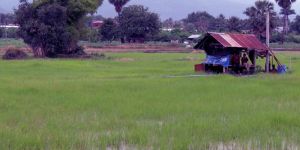
Mike in Phitsanulok: "The cost of living here is lower than the UK"
Mike, British retired teacher, settled in Thailand in 2008. Married to a Thai citizen, he enjoys life by learning Thai and writing blogs. In this interview, Mike gives an overview of the procedures to settle in Thailand and the country's lifestyle.

Jeff: "Phuket offers a gentle integration into Thai life"
Jeff left Los Angeles to move to Phuket with his girlfriend about 10 months ago in search for the life they wanted to live. They share with us their experience in the country, before flying to discover other parts of the world...
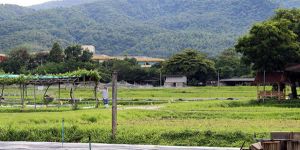
Steve: "Chiang Mai is an oasis of tranquility"
Steve, a retired Canadian mathematics and chemistry teacher, moved to Thailand 6 years ago. Having settled in Chiang Mai with his wife, Nancy, he enjoys his leisure time by mingling with the Thai society and culture...
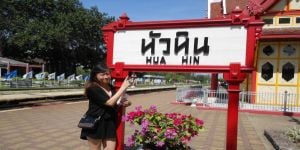
Neng Neng: "Living in Bangkok is a big adventure"
Born in Thailand, Neng Neng, a young Dutch national, grew up in the Netherlands. She settled in Bangkok last January to explore her roots and the Thai lifestyle...

Shawn and Katie in Phuket: "We love the Thai lifestyle"
Shawn and Katie come from Canada. They moved to Phuket in December 2014 following their stay in Cayman Islands and Europe. Both particularly enjoy going to the beach, water sports and the local cuisine.

John: "Bangkok is a very safe city"
John comes from the US. Having met his wife during his stay in Hawaii, he moved to Thailand 8 years ago. He now lives in Bangkok where he works in the IT sector.

